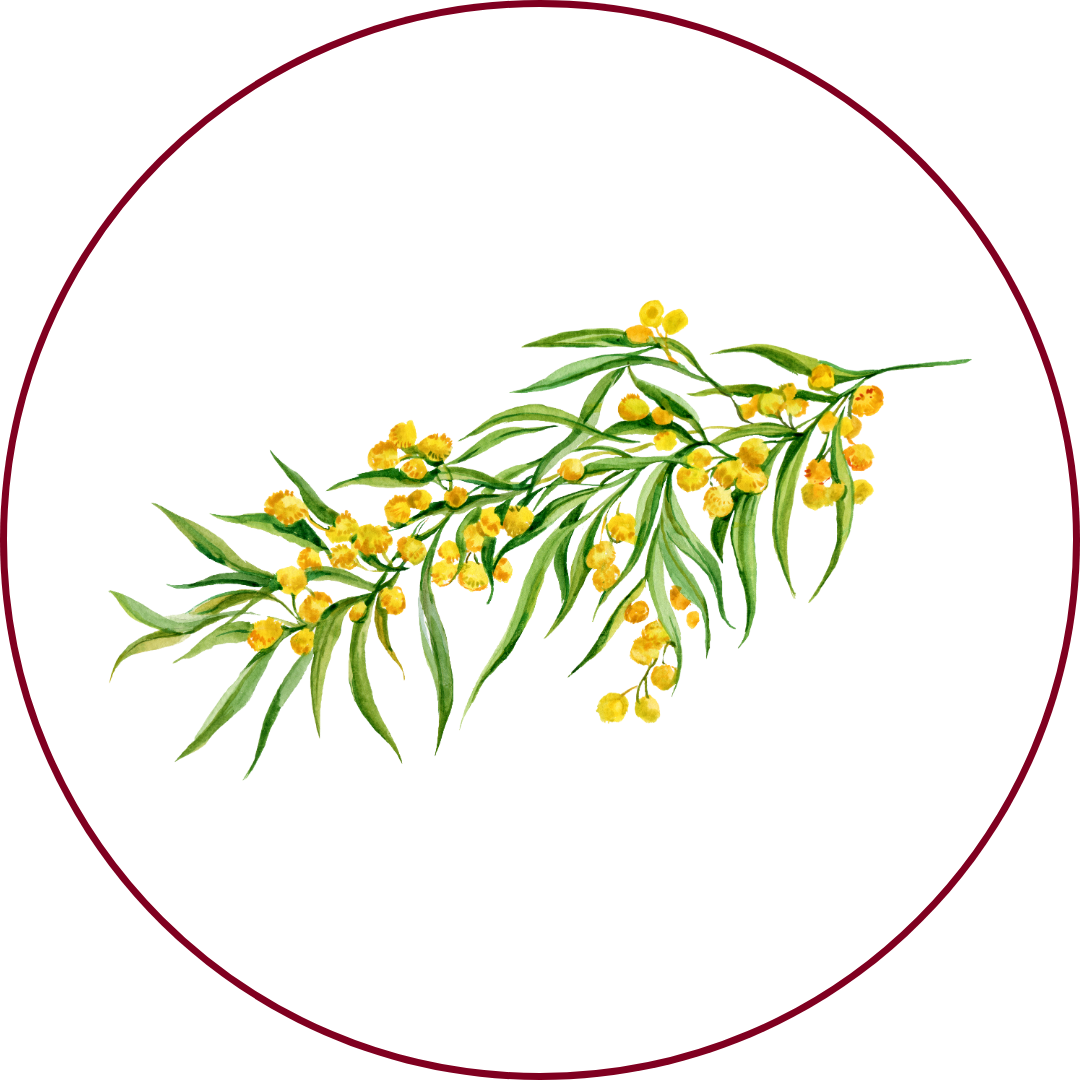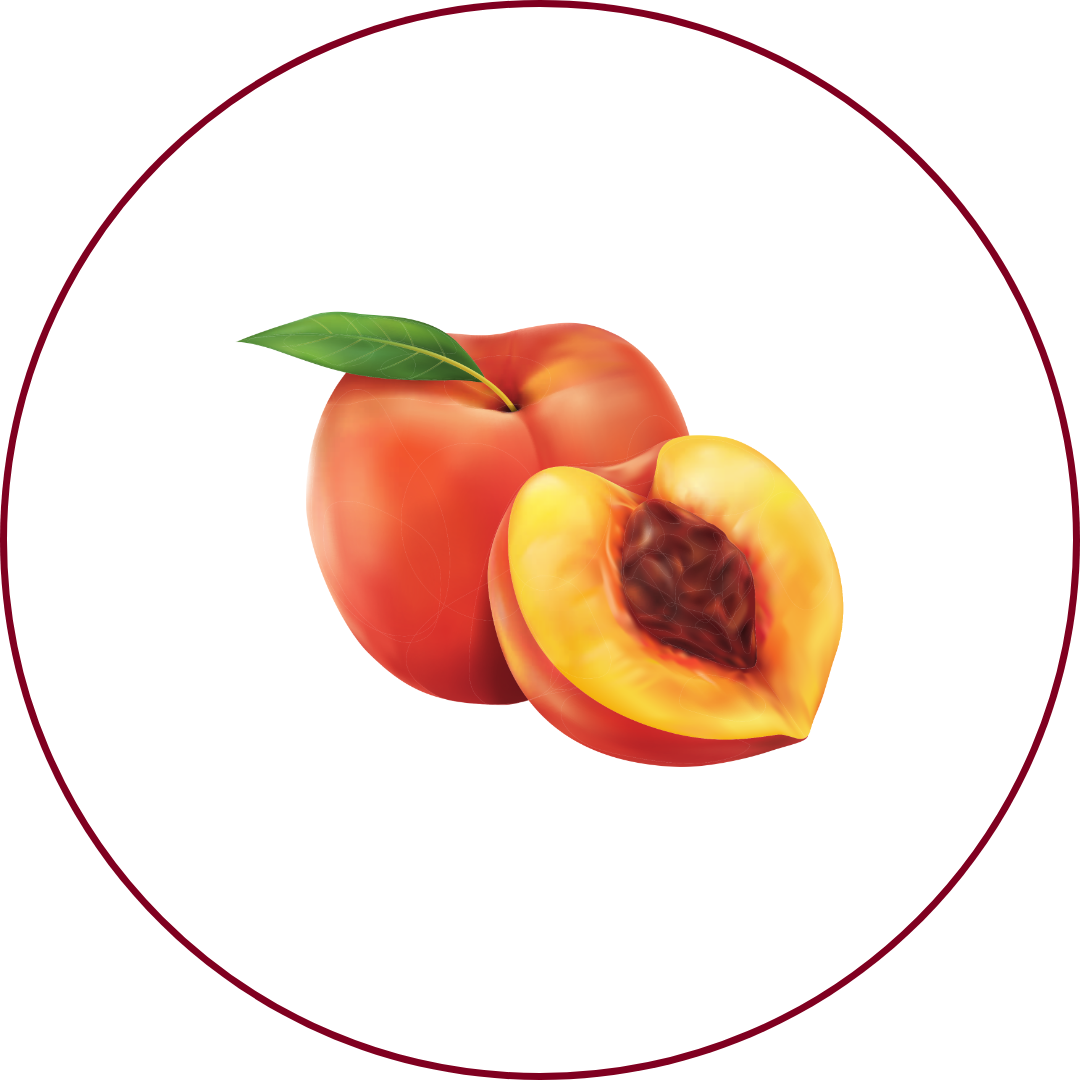Grape Variety
Malvasia-Istriana
"mahl-vah-SEE-ah is-tree-AH-nah"
Wine Styles
 Sparkling
Sparkling Light White
Light White Full White
Full White Aromatic
Aromatic Rosé
Rosé Light Red
Light Red Medium Red
Medium Red Full Red
Full Red Dessert
DessertAbout Malvasia-Istriana
Origin
Istria, Croatia
History
Malvasia Istriana, known as Malvazija Istarska in Croatian, is a white grape variety indigenous to the Istrian peninsula, which spans parts of Croatia, Slovenia, and Italy. Introduced to the region by Venetian merchants from Greece in the 14th century, it has become one of the most important and widely planted grape varieties in Istria. The grape is renowned for its versatility, producing a range of wine styles from fresh and youthful to complex, aged expressions.
Appearance
Large berries that turn green-yellow or full golden in warmer locations.
Growing Traits
Malvasia Istriana is a late-ripening variety with relatively high yield potential, necessitating careful canopy and fruit management in the vineyard to maintain quality. The grape thrives in the diverse soils of Istria, including terra rossa and terre bianche, and benefits from the region's Mediterranean and continental climate influences.
Wine Characteristics
Body
2/5
Sweetness
1/5
Tannin
0/5
Acidity
3/5
Alcohol
3/5
Light to medium-bodied with a balanced structure, offering subtle complexity. Typically dry, though it is also used in sweet, late-harvest wines. Negligible tannins, as it is a white grape variety, resulting in a clean finish. Medium to high acidity, providing balance and freshness to the wine. Moderate alcohol content, generally around 11.5-14%, ensuring balance and drinkability.
Taste Profile

Acacia flowers

Apple

Peach

Apricot

Almond
Malvasia Istriana wines are known for their delicate floral aromas, often exhibiting notes of acacia flowers. On the palate, they present flavors of apple, peach, and apricot, with a characteristic slight bitterness reminiscent of almond in aged versions. The wines typically have medium to high acidity, contributing to their freshness and aging potential.
Food Pairing
Malvasia Istriana's light to medium body and balanced acidity make it a versatile companion for various dishes. It pairs well with seafood, light salads, and grilled vegetables. Its subtle fruit flavors and moderate alcohol content complement a variety of light to medium-intensity dishes.
Growing Regions

Croatia
IstriaNorth Dalmatia

Slovenia
Slovenian Istria

Italy
Friuli-Venezia GiuliaVeneto
Notable Wines & Producers
Malvazija Istarska
Cattunar
Kozlović
Coronica
Collio Malvasia DOC
Venica & Venica
Livio Felluga
Malvasia-Istriana FAQ
Common questions about this grape variety
What is the origin of Malvasia-Istriana?
+
Istria, Croatia
Is Malvasia-Istriana wine full bodied?
+
Malvasia-Istriana has a body level of 2 out of 5. Which means that Malvasia-Istriana is Moderate to Light bodied.
Is Malvasia-Istriana wine dry or sweet?
+
Malvasia-Istriana has a dryness level of 1 out of 5. Which means that Malvasia-Istriana is Dry.
Where is Malvasia-Istriana wine from?
+
Istria, Croatia
Where is Malvasia-Istriana grown?
+
Malvasia-Istriana is grown in Croatia (Istria, North Dalmatia)Slovenia (Slovenian Istria)Italy (Friuli-Venezia Giulia, Veneto).
What is Malvasia-Istriana like?
+
Malvasia Istriana wines are known for their delicate floral aromas, often exhibiting notes of acacia flowers. On the palate, they present flavors of apple, peach, and apricot, with a characteristic slight bitterness reminiscent of almond in aged versions. The wines typically have medium to high acidity, contributing to their freshness and aging potential.
What does Malvasia-Istriana pair with?
+
Malvasia Istriana's light to medium body and balanced acidity make it a versatile companion for various dishes. It pairs well with seafood, light salads, and grilled vegetables. Its subtle fruit flavors and moderate alcohol content complement a variety of light to medium-intensity dishes.
What does Malvasia-Istriana taste like?
+
Malvasia Istriana wines are known for their delicate floral aromas, often exhibiting notes of acacia flowers. On the palate, they present flavors of apple, peach, and apricot, with a characteristic slight bitterness reminiscent of almond in aged versions. The wines typically have medium to high acidity, contributing to their freshness and aging potential.
Take Malvasia-Istriana Knowledge with You
Access detailed grape profiles, tasting notes, and pairing suggestions on your iPhone.
Download on theApp Store